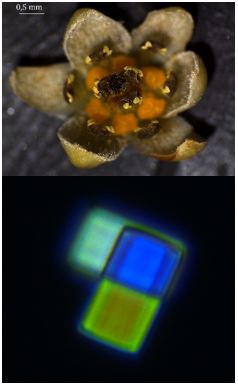PlantAuthent - Reference Plants for Molecular Authentication
Globalisation floods the European market with new plants and their products posing great challenges to consumer protection and quality control. The responsible authorities often are not able to detect adulterations and surrogations. New health trends such as Ayurveda or Traditional Chinese Medicine, but also fashion drinks such as Stevia, Lemon Myrtle, Dragonhead or Bamboo Tea create a dramatically growing demand that collides with often locally limited production of these plants. This creates a climate, where intentional fake or accidential adulterations are stimulated. This can be sometimes even dangerous, when toxic plants enter the production chain. We have therefore developed novel strategies of authentication, based on genetic barcodes. However, this authentication is only as good as the references are trustworthy. We have therefore compiled collections of living reference specimens. These plants are often difficult to get and many of them are misdetermined - we therefore verify the identity of our reference plants, often by help of international taxonomic experts. Each of our plants gets an identity code, under which all data, we have generated over the years, are linked. The quality of our reference collection has become internationally reknown - not only among our industrial partners, but also among botanists, some of which even visit our garden to use our well assorted collections.

